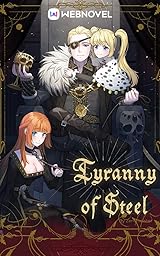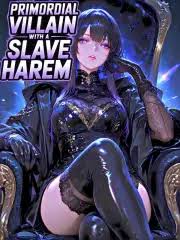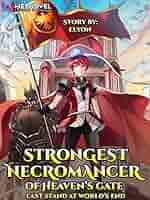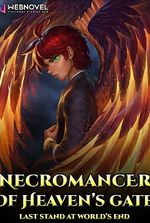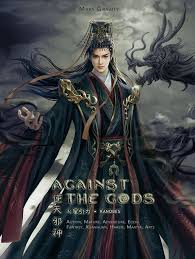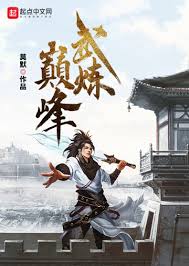The Story in 3 Sentences
Julian Weber is an officer in the U.S. Army Corps of Engineers and a graduate of Westpoint Military Academy with a degree in civil engineering, but his life ends when he becomes involved in a terrorist attack by the Taliban during the conclusion of U.S. involvement in Afghanistan.
He quickly finds out that death is not always final as he is reincarnated into the body of a Baron’s son and heir named Berengar von Kufstein in an alternate Earth set in Late-Medieval Europe during an era of political turmoil and civil strife.
Using his modern engineering knowledge and military expertise, Berengar transforms from a minor Austrian noble into the Emperor of Germany, inventor of countless technologies, and a major religious figure who reshapes medieval European history.
Why It Stands Out
1. Modern Military Engineering Meets Medieval Politics
Unlike typical fantasy reincarnation, Julian Weber’s professional background as a Westpoint graduate and Army Corps engineer gives him realistic technical knowledge to revolutionize medieval warfare, fortification, and logistics in believable ways.
2. Alternate Historical Timeline Creation
Set in Late-Medieval Europe with familiar yet different political dynamics, the story explores how modern knowledge could realistically change the course of European history without relying on magic or supernatural elements.
3. Technological Revolution Through Reincarnation
The protagonist doesn’t just use knowledge to gain power but systematically introduces innovations that transform society, from military tactics to industrial processes, creating a comprehensive modernization of medieval civilization.
Characters That Leave a Mark
There’s Linde – a key figure who appears in military contexts and political maneuvering, representing the complex web of alliances and conflicts that Berengar must navigate in his rise to power.
You’ll meet Brynhildr, who shares significant moments with Berengar including their focus on survival in challenging circumstances, suggesting a close relationship built through shared hardships and mutual dependence.
Must-Experience Arcs
Ch. 1-100: Reincarnation and Foundation – Julian Weber’s death and rebirth as Berengar, establishing his new identity while laying the groundwork for his technological and political revolution in medieval Austria.
Ch. 400-600: Austrian Campaigns – Major military conflicts where Berengar’s modern tactical knowledge transforms traditional medieval warfare, leading to his consolidation of power in the region.
Ch. 1000-1261: Imperial Ascension – The culmination of Berengar’s journey as he declares the German Empire and establishes himself as both temporal ruler and religious reformer, reshaping European civilization.
Cultural Impact
The novel carved out a unique niche in historical fiction by focusing on realistic technological advancement rather than fantasy elements, appealing to readers interested in engineering and military history.
Discussions among fans frequently center on the plausibility of various innovations and their historical accuracy, creating educational discourse about medieval technology and society.
The story’s detailed approach to modernizing medieval life influenced other authors to research historical periods more thoroughly when writing reincarnation stories.
Final Verdict
Start Here If You Want:
A realistic approach to reincarnation where modern knowledge creates believable historical change without relying on magic or fantasy elements
Detailed exploration of how engineering and military science could transform medieval European politics and society
Historical fiction that combines accurate period details with speculative alternate history scenarios
Study If You Love:
Stories about technological advancement and industrial revolution in historical settings with realistic progression and consequences
Military and political strategy narratives where modern knowledge must adapt to medieval social and economic constraints
Character development that spans from minor nobility to imperial power through intelligence and strategic thinking rather than supernatural abilities
Avoid If You Prefer:
Fantasy reincarnation with magic systems or supernatural powers rather than purely technological and strategic advantages
Fast-paced action without extensive focus on political maneuvering, technological development, and historical detail
Stories that don’t require patience for detailed world-building and gradual power accumulation through realistic means
